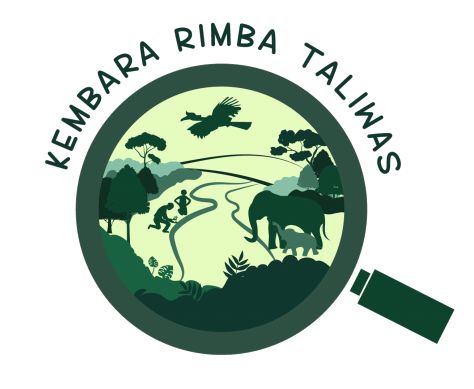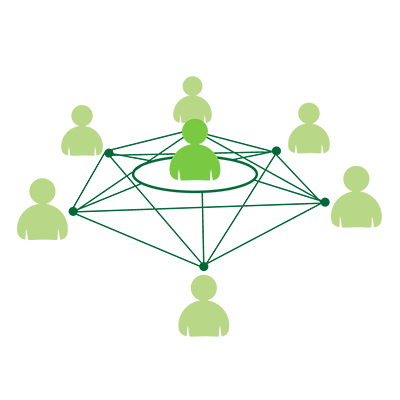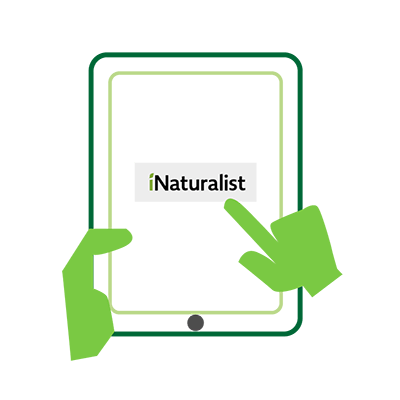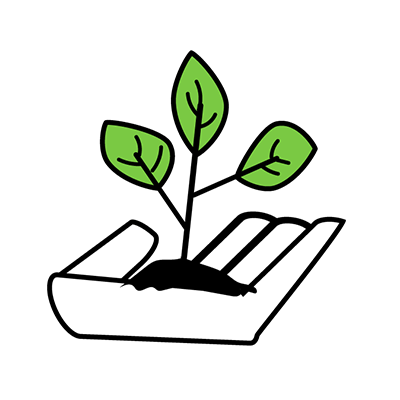A new generation of
environmental champions
About the Project
We are working together with the Sabah Foundation and Swansea University to launch a new and exciting environmental education experience in Sabah. This two-year project is supported by the National Geographic Society to mentor a new generation of environmental champions through participatory science and capacity building in one of Borneo’s last remaining lowland rainforest – the Taliwas River Conservation Area.
Mentoring young naturalist to explore and document the biodiversity of the Taliwas River Conservation Area
Project Focal Areas
Delivering interactive and effective environmental education is central in making complex scientific information about the environment and climate change accessible and relevant to the next generation of environmental leaders.
We have designed this project around four core areas.
We will build capacity and empower local forest rangers and research assistants to engage students in discovering rainforest biodiversity and importance of forest conservation
It is in Danum Valley! And SEARRP’s team climbed it to measure all 100.8 meters (330.7 ft) of it, making this the first 100 meter tropical tree recorded anywhere in the world.
Imbak Canyon is home to the BIG BELIAN tree, estimated to be 1,000 years old and has a diameter of 2.4meters!
The Borneo pygmy elephant is less than 2.5 meters (8.2 ft) tall, making them the smallest Asian elephant subspecies.
It is something called a stick insect (Phobaeticus chani) because it looks like a stick or branch and can measure as long as a 30cm ruler!
The last wild Sumatran Rhinoceros in Sabah was found at Danum Valley in 2013.
It’s true and one exists in Maliau Basin – the ‘Lost World’ of Sabah – and this area is safeguarded from visitors to ensure that it will still be here for future generations to explore and discover!
There are tons of these amazing carnivorous plants across Borneo, but in Maliau Basin – there is a pitcher plant the size of pen tip!
This is why Scientist have voted Danum Valley Field Centre as one of the THREE top research stations in the world!
There are more than 30 types of bioluminescent (glow in the dark mushrooms) in Sabah!
Additional Info

For more information please contact SEARRP’s
Environmental Education and Outreach Manager Imelda Geoffrey.




